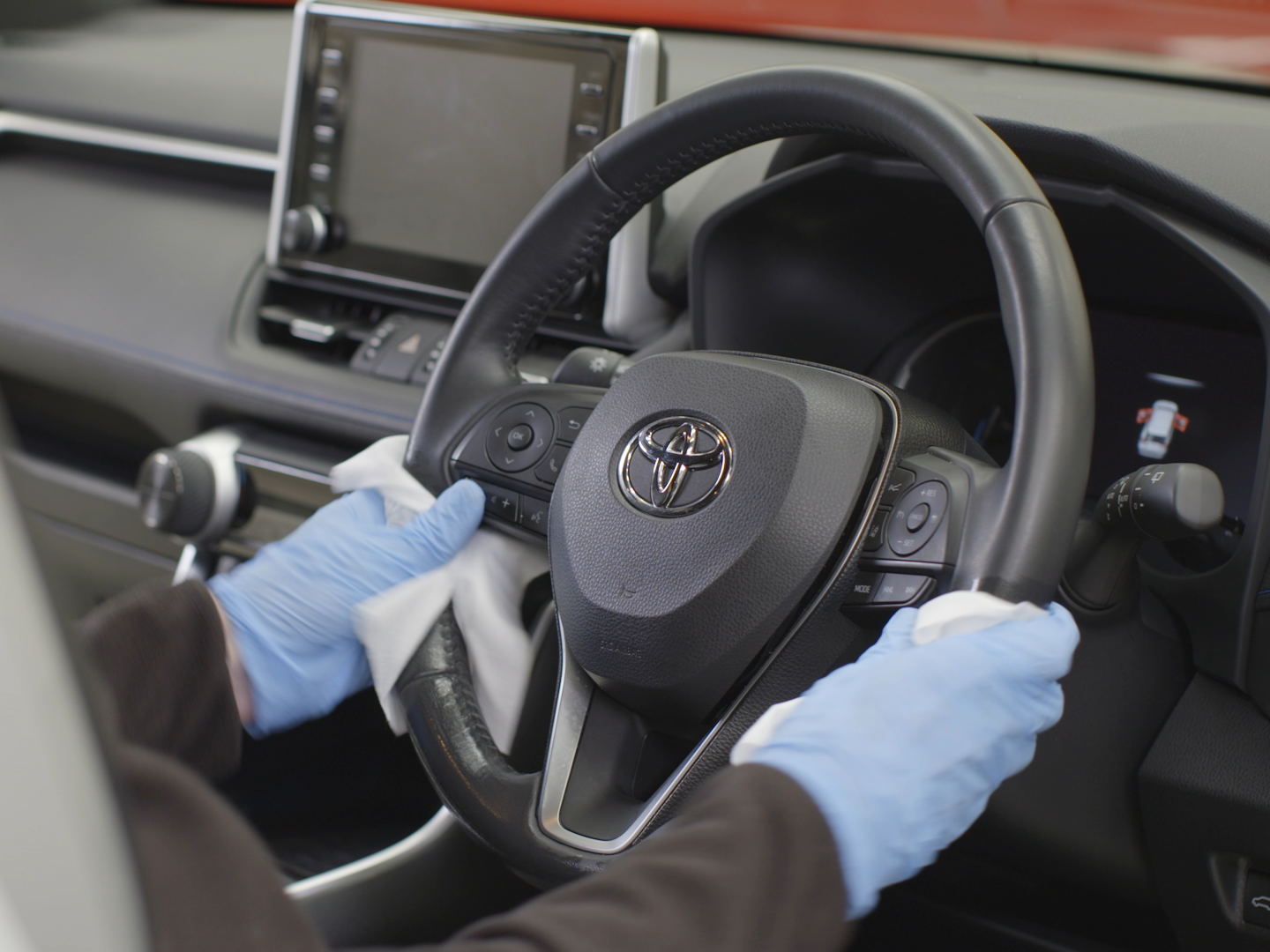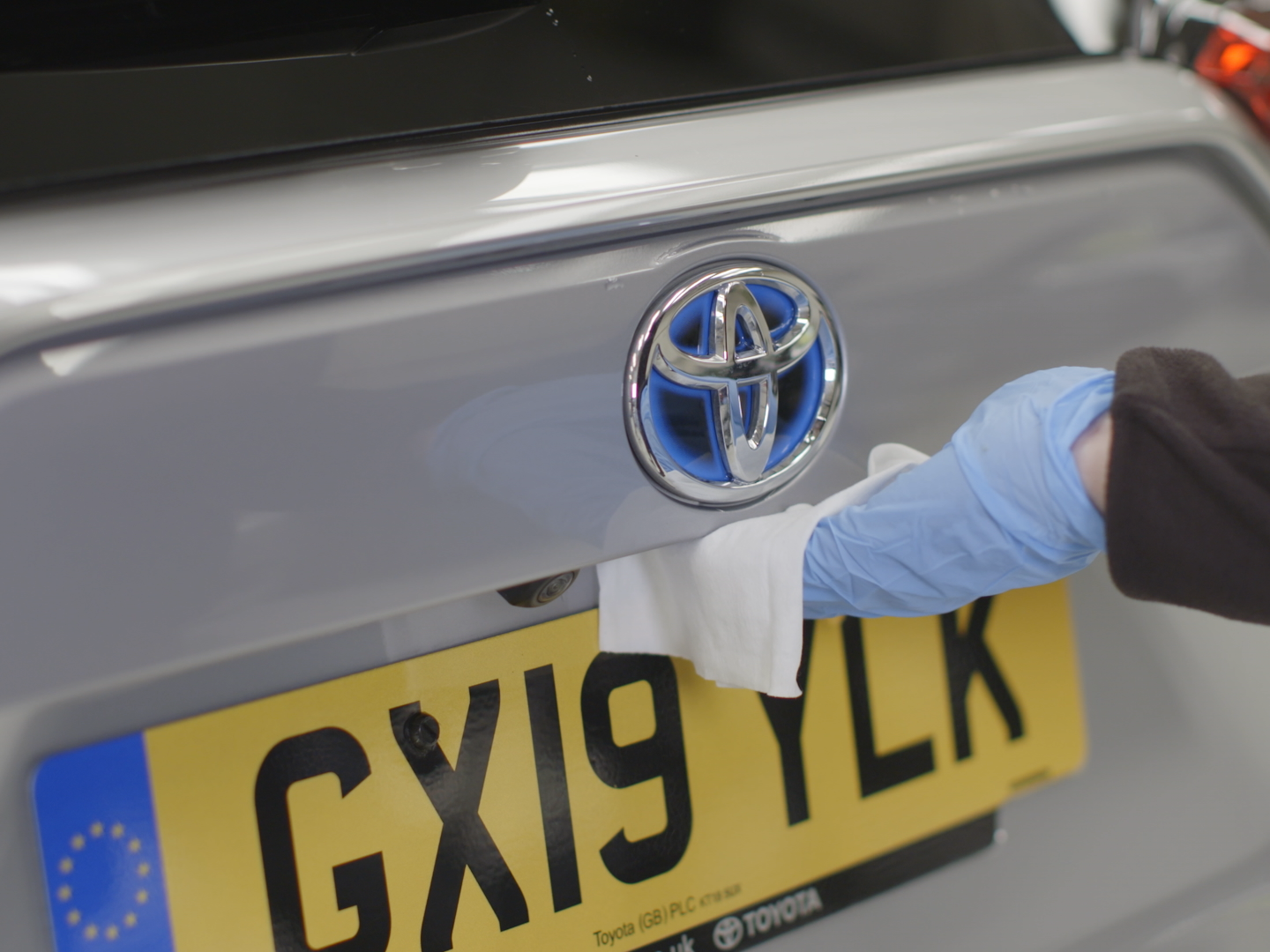The Independent's journalism is supported by our readers. When you purchase through links on our site, we may earn commission.
Coronavirus: How to keep your car roadworthy during lockdown
From how often to run the engine to whether or not you should be hoarding petrol

Your support helps us to tell the story
From reproductive rights to climate change to Big Tech, The Independent is on the ground when the story is developing. Whether it's investigating the financials of Elon Musk's pro-Trump PAC or producing our latest documentary, 'The A Word', which shines a light on the American women fighting for reproductive rights, we know how important it is to parse out the facts from the messaging.
At such a critical moment in US history, we need reporters on the ground. Your donation allows us to keep sending journalists to speak to both sides of the story.
The Independent is trusted by Americans across the entire political spectrum. And unlike many other quality news outlets, we choose not to lock Americans out of our reporting and analysis with paywalls. We believe quality journalism should be available to everyone, paid for by those who can afford it.
Your support makes all the difference.What’s that I can see from the window of my little lazaretto? Big. Red. Four doors. Four wheels...oh yes, I remember now. It’s my car. The one I used to use to go shopping for fripperies, meeting friends and taking on unnecessary journeys.
Thems were the days, “BC” (Before Coronavirus, of course), and they’ll be back one day. Meantime, I thought I’d share a few tips about looking after your personal transport in the age of car-onavirus.
The main thing is to make sure you don’t have to call anyone out to fix it whilst it’s resting, risking the health of all concerned. We need to keep that vital “R” infection rate down as low as possible, as well as avoiding a bill for a new battery (plus labour).
Here are some tips to prevent ensure your motor remains in top tip condition while it’s self-isolating:
Do I need to be driving my car?
If you’ve the luxury of a powered garage you can put the car on a mains trickle charger. Failing that, the easiest thing to do is to drive it around for about half an hour preferably in daylight (no headlights eating the power), and do that every week or so.
A good guide would be to pootle around long enough to get the engine warmed up (good for it anyway). You could combine all that with a trip to the shops for essentials, just taking a slightly longer route than usual, or going to a supermarket slightly further afield. That’s probably as adventurous as motoring is going to be for a few months.
You should stay just on the right side of the police with that routine. RAC Drive says that “solo journeys are strongly advised at the moment, for instance, if you’re going to buy essential supplies from the shops. If you need to share a car, you should only do so with members of your household”.
How can I keep the car clean?

If you decide to top up the fuel tank on the expedition, remember to use gloves or otherwise avoid handling the fuel pump – an obvious cross-contamination point for the virus (and take off the gloves before you get home and wash them).
Indeed you should also use antibacterial fluid or wipes to clean all the contact points on your car – keys, door handles inside and out (don’t forget the boot), steering wheel, dash, seatbelt, touch screens, all switches, handbrake, fuel filler cap and so on.
These are generally the harder kind of surfaces the virus tends to survive longer on. Obviously wash your hands with soap for 20 minutes before, after and during your journey, and avoid touching your face and other people. As ever.
Ben Murphy, Toyota GB’s professional car “detailer” responsible for their own fleet’s pristine condition, advises that “every time I remove my gloves I always give my hands a good wash. I wear gloves during my working day and advise people to war gloves if they are in a vehicle such as a rental car or a taxi. You don’t know which areas of the car the previous occupants have touched and germs can stay in a spot for 72 hours. If kids travel in your car then there’s every chance they’ve been wiping their hands in the windows.”
Release the handbrake
The other mechanical issue is the brakes binding or even seizing if you lay the car up for too long with the handbrake on. You could leave the handbrake off, and put the car in gear and put blocks behind the wheels, but that might be too much hassle or unsafe or illegal on a public highway.
If it’s on the street another additional precaution, mandated by the Highway Code, is to have the front wheels close to pointing towards the kerb (of parked nose downhill) or away from the kerb (of the front of the car is pointing uphill). Just in case.
But a weekly drive should prevent sticky brakes anyhow and the Highway Code states you must apply the handbrake.
Should I hoard petrol?
You really shouldn’t need to bother hoarding petrol, especially as you probably have no excuse to drive anyway. It’s hazardous and in any case illegal to keep more than 30 litres without a licence.
Do I still need to get an MOT?
Last month, the UK government announced that drivers had been given a six-month extension to their MOTs due to the coronavirus pandemic.
The new rules, which apply to cars, motorcycles and light vans, dictate that motorists who have an MOT due from Monday 30 March will automatically receive a six-month extension.
However, vehicles must still be kept in a roadworthy condition, with garages remaining open for essential repair works, and prosecutions for unsafe vehicles still possible.
“We must ensure those on the frontline of helping the nation combat Covid-19 are able to do so,” said Grant Shapps, transport secretary.
“Allowing this temporary exemption from vehicle testing will enable vital services such as deliveries to continue, frontline workers to get to work, and people get essential food and medicine.
“Safety is key, which is why garages will remain open for essential repair work.”
But, will your insurance still be valid if you choose to postpone?
Clare Egan, head of motor at Admiral, says: “If you’re unable to get your vehicle tested there is no need to worry as it will not invalidate a claim should you need to make one, providing you keep car vehicle safe and roadworthy during this time.
“It’s important to also remember that garages will remain open for any essential repair work during this time as having a safe and secure vehicle is paramount at all times.
“You should only be driving your vehicle if it is safe to do so otherwise you risk putting yourself and other road users in danger.”
Those are the basics for keeping your car roadworthy. Using it sparingly will keep parts lubricated and avoid distortion to the brakes, tyres and other components – cars are made to be driven not parked after all. One day your car, symbol and instrument of personal freedom, will be liberated and it, and its driver, can frolic in the Peak District free from persecution by a police drone. Something to look forward to.
Join our commenting forum
Join thought-provoking conversations, follow other Independent readers and see their replies
Comments